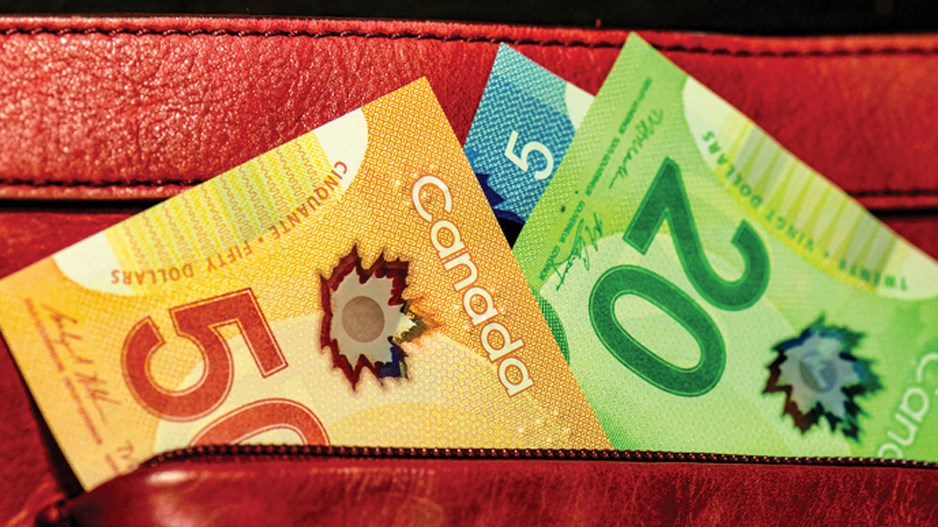Research Co. and Glacier Media asked British Columbians earlier this month about how they paid their taxes last year and what their plans are for the current fiscal period. We also wanted to see if the concept of taxes is equally off-putting regardless of its various forms.
Looking back at the behaviour reported by British Columbians in 2020, we found that just over half of the province’s residents (51%) filed their taxes by themselves, with the assistance of software or apps. One in five (20%) relied directly on an accountant or firm, while fewer chose either to file on their own without any additional programs (12%) or to contract the services of a tax preparation company (also 12%).
When British Columbians reveal how they intend to pay for their taxes this year, the numbers are similar to the behaviour observed in 2020, with year-to-year fluctuations of only one percentage point for all options tested. We continue to see a majority of the province’s residents (52%) relying on software or apps to file their taxes without the assistance of a professional.
There are some subtle differences. One in four Â鶹´«Ã½Ó³»Island residents (25%) will rely on an accountant or firm in 2021, compared with only 17% of those in northern B.C. British Columbians aged 35 to 54 are more likely to deal with their taxes by themselves with software or apps (57%) than those aged 55 and over (44%).
In spite of the inevitability usually associated with taxes, some British Columbians hold strong feelings on having to meet these commitments that ultimately fund public expenditures.
This month, half of British Columbians (50%) think the amount they pay in provincial income tax is too high, and larger proportions feel the same way about the goods and services tax (GST) (51%), the federal income tax (55%) and the provincial sales tax (PST) (57%).
Many of today’s taxpayers are unfamiliar with the political turmoil that unfolded when the Brian Mulroney government implemented the federal GST in 1991. The Liberal Party of Canada won the 1993 election on a set of campaign promises that included repealing the tax. Almost two decades later, the GST is still on our receipts.
Across British Columbia, 56% of residents say they dislike having to pay the GST. Those aged 55 and over, who recall life without this tax, are more likely to hate it (62%) than their counterparts aged 35 to 54 (55%) and 18 to 34 (50%).
Still, the tax that evokes the largest proportion of negative responses is the PST, which has been around for almost 73 years. We found that 57% of British Columbians dislike having to pay this tax. Again, the province’s oldest adults are more likely to voice dissatisfaction (61%).
Our feelings are not as negative when assessing taxes that are not directly attached to the products we buy. We found that 50% of British Columbians dislike having to pay a federal income tax and a similar proportion (48%) are unhappy about paying a provincial income tax.
Age plays a minor role in public perceptions on the two income taxes. British Columbians aged 35 to 54 express more dismay about these commitments than their younger and older counterparts do. In any case, our animosity towards taxes is also related to our feelings about who is collecting them.
Almost half of British Columbians who voted for the BC Liberal Party in the 2020 provincial election (49%) say they dislike paying the provincial income tax – along with 46% of those who supported the BC Green Party. Among those who cast ballots for the governing BC New Democratic Party (NDP), the proportion drops to 41%.
The political angst is significantly more pronounced towards Ottawa. Fewer than half of British Columbians who voted for the Liberals (40%) or the NDP (44%) in the 2019 federal election are unhappy about having to pay a federal income tax. Among Conservative Party of Canada supporters, the proportion climbs to a staggering 65%. •
Mario Canseco is president of Research Co.
Results are based on an online survey conducted from March 19 to March 21 among 800 adults in British Columbia. The margin of error, which measures sample variability, is plus or minus 3.5 percentage points, 19 times out of 20.
